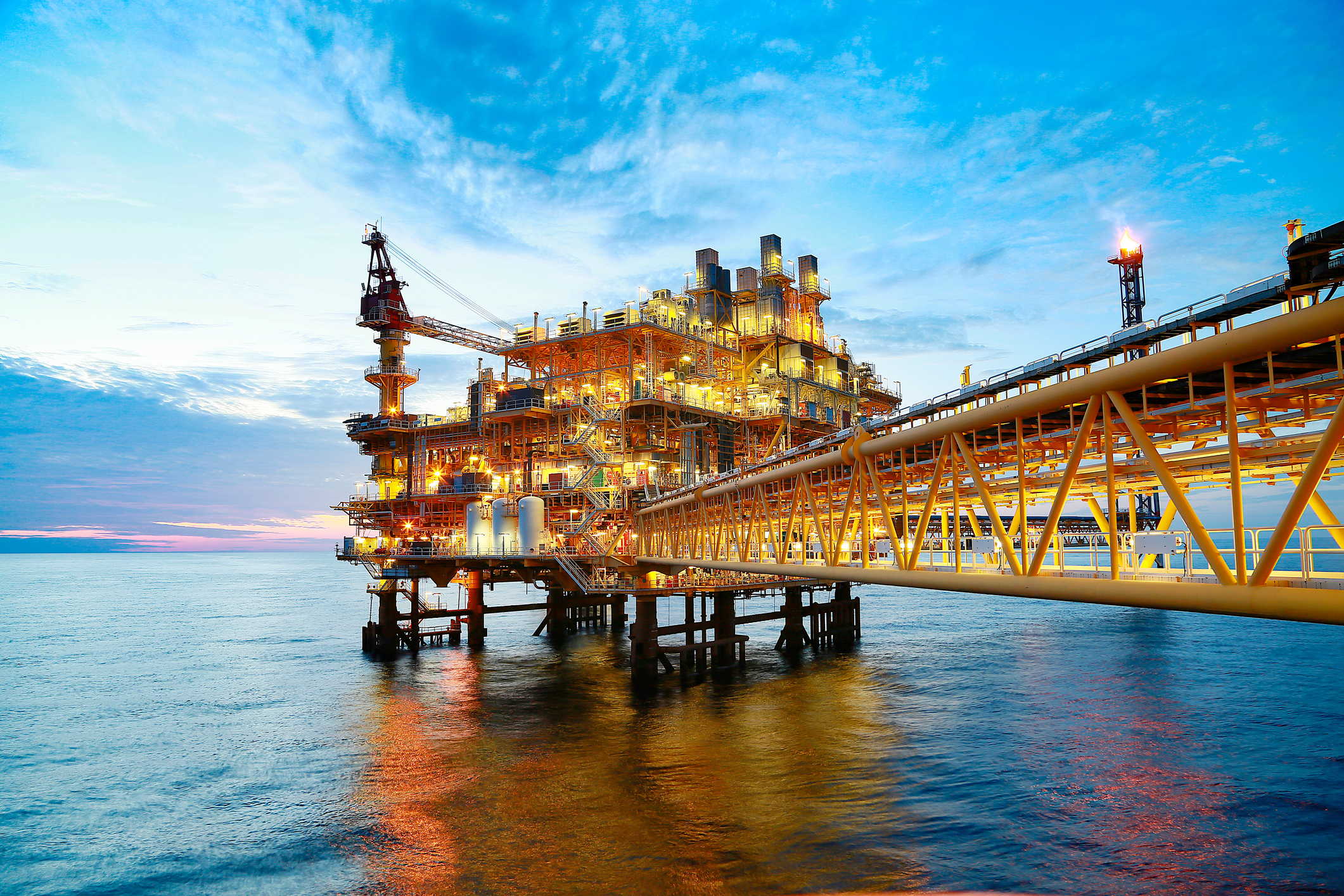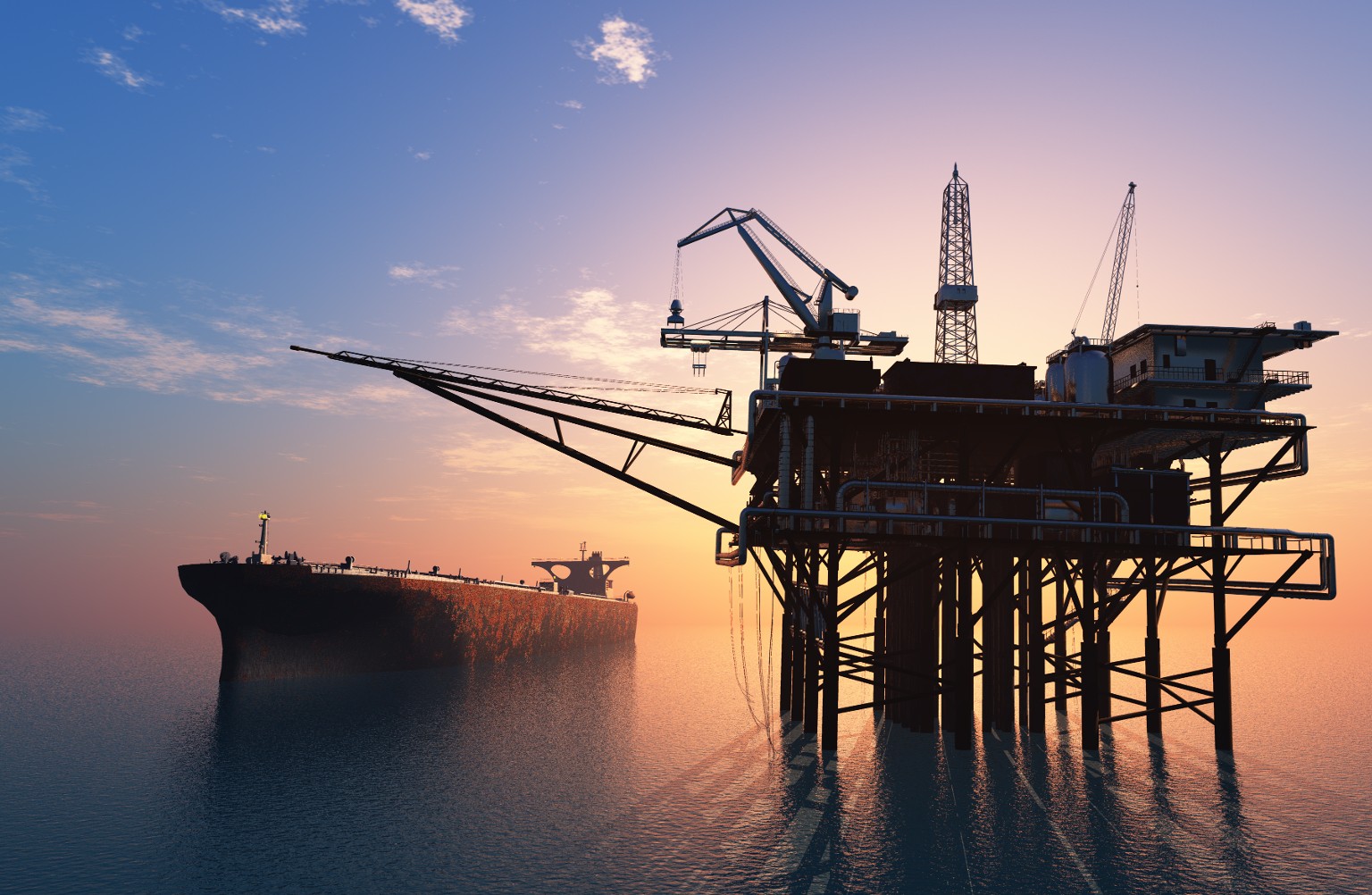The energy map of the world is now undergoing a radical transformation, whereby the BRICS axis, Brazil, Russia, India, China, and South Africa, is setting the vector of oil trade with increasing influence. From this perspective, the Middle East and, particularly, the United Arab Emirates are now important players. Oil is still a prime mover in economic cooperation and geopolitical games, while the UAE is trying to position itself so that it can adapt and thrive in this new era.
The UAE’s Oil Legacy
The United Arab Emirates has indeed asserted itself over time into a leading position within the rank of major oil-producing countries. Most oil deposits indeed occur in Abu Dhabi. Being one of the key long-standing members of OPEC, the country has enjoyed substantial leverage with regard to world markets.
While this may be so, since the energy sector has gradually turned its focus to renewables and sustainability, the UAE does not sit idly by. It is diligently positioning itself to remain vital in the oil markets while further diversifying its economic base. This two-pronged strategy ensures continuity in its legacy as an energy leader, even within a changing world.
Synergies in Oil Trade
The BRICS countries, especially Russia and China, are forceful players in the global oil market. Russia proudly claims its position as the foremost exporter of crude oil, while China is the world’s most prominent importer. These dynamics play a crucial role in creating a natural synergy with the UAE in fostering coherence in its strong oil production with long-term aspirations for sustainability and diversification.
With China’s ever-increasing thirst for energy, the UAE stands in an excellent position to solidify its trade ties with BRICS countries by pumping more oil into these markets. Besides this, the UAE has highly developed infrastructure and logistic networks, making it an ideal partner in developing oil trade ties that will ensure smoother and more effective distribution channels in BRICS countries and beyond.
Strategic Partnerships
Energy security probably features as the biggest area of growing priority for the BRICS countries, and the UAE is all set to be their most trusted partner in this regard. Major countries such as India and South Africa, which want to ensure energy supplies in the long term, may start long-term agreements with the UAE in exploration, production, and even as technology-sharing partners. That would mean mutual growth and stability within the energy sector.
Further, the commitment to innovation by the UAE opens up new frontiers for extraction and refining. The role of working with BRICS nations on breakthrough technologies places the UAE at an advantage in terms of enhancing efficiency, reducing the environmental footprint, and moving toward sustainable methods of producing oil in line with global energy thinking.
Geopolitical Consequences
The budding relationship between the UAE and BRICS does hold real geopolitical importance. Such a deepening of ties would only increase the weight of the UAE’s voice in global energy discourses at a time when energy transition and climate crises are well underway.
This could also stabilize the oil markets by suppressing some volatility usually created by political friction. This new alignment with the BRICS bloc of emerging economies solidifies the UAE’s place in the future of the oil trade and further extends its influence over the wider energy and geopolitical landscape. A prudent and future-oriented way of confronting the entanglements of the global energy market is what such cooperation does.



